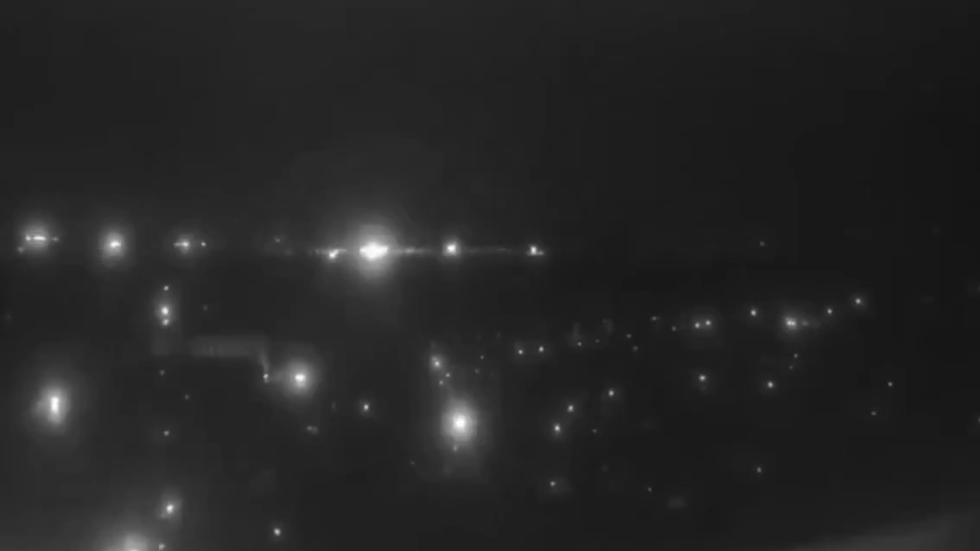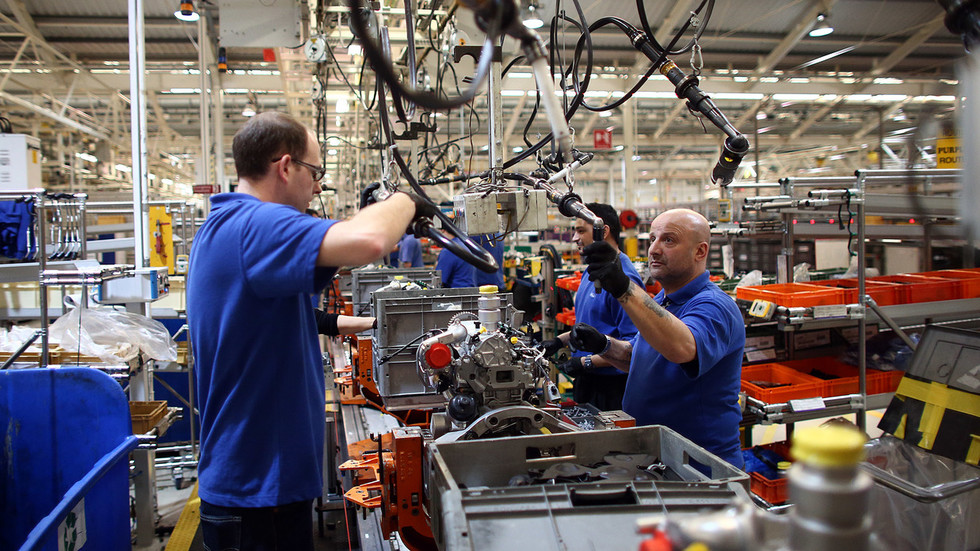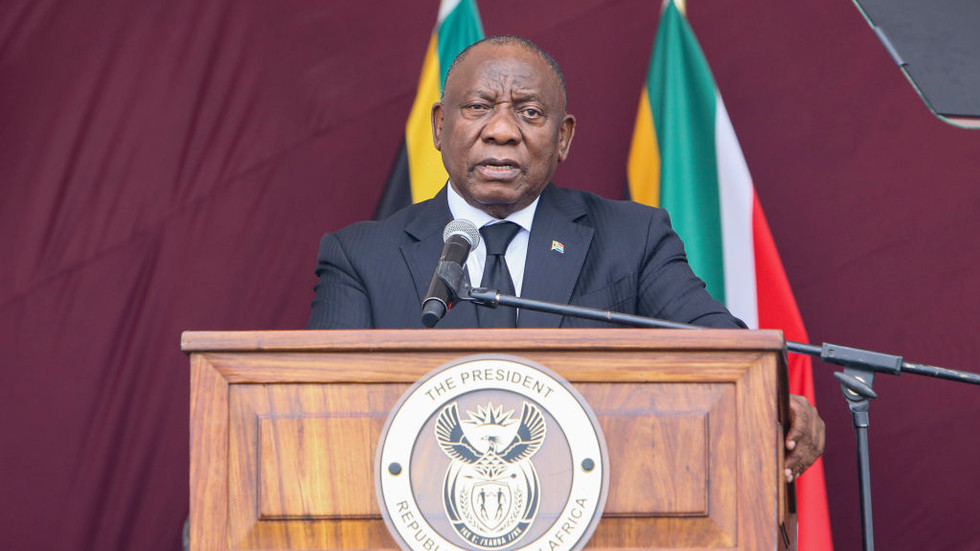In recent weeks, European Parliament President Roberta Metsola has taken to the road across all 27 EU member states armed with a simple slogan: "Use your vote."
At countless debates in town halls, schools and universities, Metsola has attempted to rev up young voters for the European elections.
"That picture that you have in front of you when you think about the European Parliament: over 700 blue seats. Whether you vote or don't, these seats will be filled. Now, you have a choice," Metsola told young voters in Denmark. "Either you affect, you influence who sits on these seats, or you don't."
Mobilizing the 350 million people eligible to cast ballots in the European Union once every five years is not straightforward. Voter turnout at the second-largest democratic election in the world after India was around just 50% in 2019.
Higher voter turnout is projected for the 2024 vote, according to a poll conducted earlier this year in which 60% of voters said they were interested in the election. Higher turnout could prove decisive in a vote that members of both the left and right have called crucial.
Statistically speaking, high turnout tends to benefit the political center, and polling shows euroskeptic and radical right-wing parties faring well in many countries.
EU explained: What are the European elections?
'Self-destructive madness'
For some traditional parties, it's a worrying trend that prompted center-left German Chancellor Olaf Scholz to issue a dire warning.
"Some populists are calling for Germany to leave the European Union. Others see [President Vladimir] Putin's Russia or [leader] Xi Jinping's China as role models for Europe. And still others want to dismantle the EU — what self-destructive madness," Scholz said in a campaign video. "Europe and European integration secure our prosperity and our future."
In many countries, Germany included, election campaigns have been dominated by security and defense matters against the backdrop of Russia's war against Ukraine.
But across all 27 countries, opinion polls show that economic and social policy is still the biggest issue affecting how people cast their ballot. Migration policy did not play a decisive role in most countries.
In France, Italy, the Netherlands, Belgium, Austria and Hungary, far-right parties are topping the polls. In Poland, Germany and Sweden, the right-wing parties could finish as at least the second or third-strongest force.
The far-right Alternative for Germany (AfD) is roughly on par with two of the three governing parties, Scholz's Social Democrats and the Greens, at around 15%. The opposition Christian Democrats of ex-chancellor Angela Merkel are polling at 30%.
In the European Parliament, pollsters predict that far-right parties will significantly increase their vote share to between 21% and 25%. A huge step up, but not enough for a decisive majority.
Giorgia Meloni's drive to unite far-right
As a result, Italian Prime Minister Giorgia Meloni, who is also head of the conservative European Conservatives and Reformists (ECR) group in the European Parliament, has announced that she wants to forge an Italian-style coalition in the EU legislature.
For the last 18 months, Meloni has been governing her home country in an alliance of right-wing populists, right-wing extremists and center-right Christian Democrats.
In the EU legislature, Meloni's aim is to disrupt the current unofficial centrist majority formed by the center-left Socialists and Democrats (S&D), the liberal Renew group, and the center-right European People's Party (EPP).
"We are on the eve of a crucial election, because for the first time the European elections could put an end to unnatural majorities and counterproductive majorities," Meloni said on the campaign trail in Spain. "We must remain focused and keep our feet on the ground. Let's keep our eyes on the horizon."
Together with France's National Rally of Marine Le Pen, Hungary's Fidesz led by Viktor Orban, Poland's Law and Justice (PiS), and others, Meloni is eyeing the formation of a new national-conservative parliamentary group. At the moment there are two hard-right groups: the ECR and the Identity and Democracy Party (ID).
Von der Leyen's flirt with far right?
The biggest parliamentary group in the European Parliament, the European People's Party, looks set to maintain its position between 2024 and 2029. European Commission President Ursula von der Leyen, a German Christian Democrat, has not ruled out cooperating with Meloni and her allies.
What counts for her is support for Ukraine and European values rather than party affiliation, von der Leyen has said in several television interviews.
"She [Meloni] is clearly pro-European, she is against Putin, she has been very clear on that one, and pro rule of law. If this holds, we will offer to work together."
Her opponents from S&D, Renew, the Greens and the Left have condemned von der Leyen's new course.
The latest polls show the EPP and S&D more or less maintaining the size of their parliamentary groups, while the Liberals, Greens and Left should lose ground. There are 720 seats up for grabs.
EU explained: What does the European Parliament do?
A European Parliament of limited power
Whichever coalition forms after the election, it is worth bearing in mind that the European Parliament has limited legislative clout. It cannot make decisions alone and unlike national parliaments, it does not elect a government.
EU lawmakers are dependent on cooperation with the Council of the European Union, which represents the member states at ministerial level, as well as the European Council, which is composed of the heads of the 27 EU governments.
However, the 27 governments are in turn dependent on the parliament, the only directed elected EU body, to pass legislation.
No other region in the world has a comparable institution that can pass laws across national borders.
Elections are traditionally held over four days. This time they will kick off in the Netherlands on Thursday, June 6, though most countries will vote on Sunday, June 9.
This article was originally written in German.

 5 months ago
16
5 months ago
16








